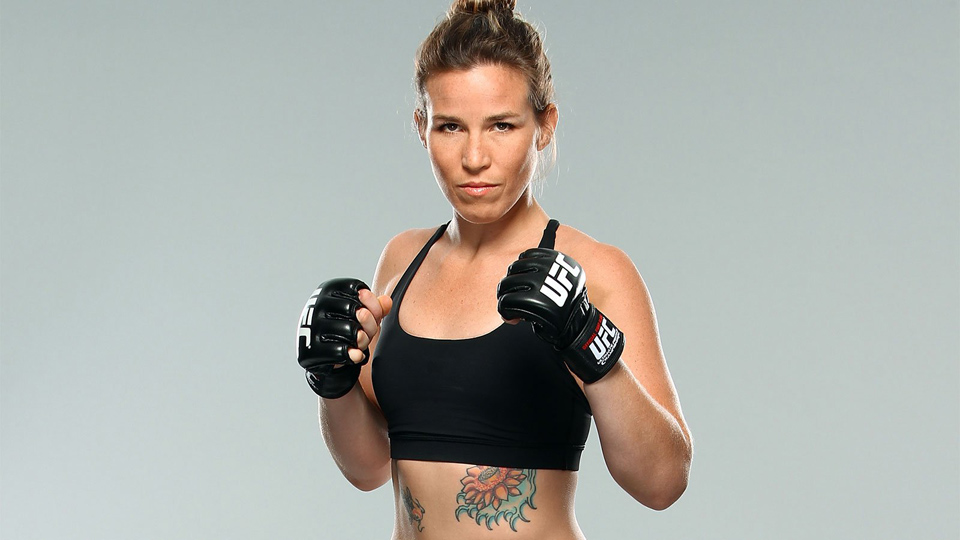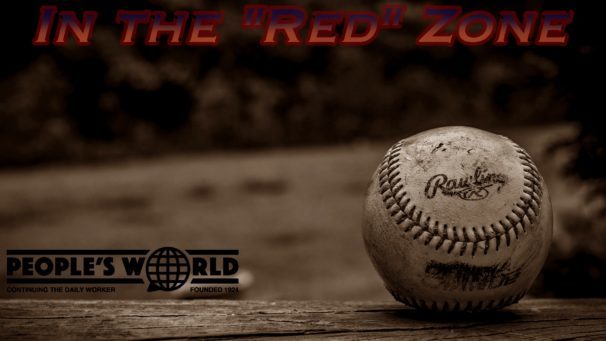
In the era of the Roman Empire, a more “civilized age” for hand-to-hand combat sport, gladiators would enter the breathtaking Colosseum and engage in a bloody spectacle before thousands of awed Romans. With their wit, physical strength, and commitment to an honorable fight, the gladiator inspired acclaim and admiration.
For over a thousand years, gladiatorial games captivated fans and imaginations.
Today, we have replaced the Colosseum with a caged octagon and renamed it the Ultimate Fighting Championship.
 Those brave enough to enter as UFC fighters have become modern day gladiators—inspiring a new generation of sports fans and breathing life back into the art of hand-to-hand combat.
Those brave enough to enter as UFC fighters have become modern day gladiators—inspiring a new generation of sports fans and breathing life back into the art of hand-to-hand combat.
Like their historic counterparts, now that the sport has hit a peak of popularity and extravagance, UFC fighters have become big business for trainers, owners, and sponsors—leaving fighters with little to nothing.
In 2014, UFC and Reebok announced an exclusive deal for the sportswear brand to become the official UFC worldwide outfitter. The $70 million sponsorship deal, while a win for UFC, created a financial burden for fighters—classified as “independent contractors.”
Before Reebok, fighters were able to seek out other sponsors as an extra source of income to make up for the low fight pay. That option ended once the ink dried on that contract, and compensation under the deal cost fighters—women fighters in particular—tens of thousands of dollars in fight pay.
Last year, the deal was altered to raise the payment tier to $3,500 per fight for fighters with three or fewer fights in UFC. Those with four or five fights would earn $5,000.
Along with the slight increase—up from $2,500—the deal obligated more work for fighters: four days of advance media promotion, six hours of fight week promotion, and one hour of post-fight promotion.
Not to mention the requirements for main event fighters to allow UFC filming access eight days before a fight, and a potential one-day, eight-hour commercial shoot, twice a year for each of its individual fighters.
So what, if anything, can UFC fighters do? Organize
This is where UFC Women’s bantamweight fighter Leslie “the Peacemaker” Smith, 35, comes in.
Smith, along with UFC fighters Kajan Johnson and Al Laquinta, recently launched “Project Spearhead,” an organizing campaign to win union recognition for UFC fighters.
“This discontent has been growing over several years—especially with some of UFC’s policies—but for me personally, it was noticing over time how UFC treated some fighters differently, and the Reebok change,” Smith told People’s World by telephone. “That change really showed me that a fighter’s well-being and livelihood is not the UFC’s main goal but instead to have a great business.”
“And that’s wonderful, everyone benefits from being successful, but in order for it to be sustainable, it needs to take care of the fighters while being a successful business.”
This isn’t the first time fighters have moved towards unionization
In 2016, fighters organizing was a topic of conversation after UFC sold itself to talent agency and Miss Universe Pageant owner WME-IMG for over $4 billion. The sale to WME-IMG—a company that already had a majority of its other employees unionized—gave impetus to the formation of the Professional Fighters Association by former baseball agent Jeff Borris.
PFA’s efforts, which Smith was a part of, stalled after fighter confidentiality was violated by Borris.
“He [Borris] created a board of player agents, shared that information with the fighter agents before we had talked to them, and then that was shared to the media and UFC,” Smith explained. “You can’t imagine how shocked I was to wake up and see it all over the news.”
Unlike PFA, the Mixed Martial Arts Fighters Association (MMAFA) has been around for years, focusing on an anti-trust lawsuit against UFC and pushing for the “Ali Act” extension bill in Congress—giving all MMA fighters the same protections as boxers—and acting as a trade association rather than collective bargaining representative.
“I think that both groups [MMAFA and PFA] are needed. Project Spearhead’s idea is the union and the unity of all the fighters, not just the UFC, even though that’s where we’re starting at,” Smith said.
“If Project Spearhead can establish the fighters union and MMAFA can continue its work championing the needs of fighters in other promotions, then we will be able to work together on all those issues.”
“I think the reason PFA and some of the other efforts didn’t really go anywhere was because they were not motivated by the right reasons: the fighters,” Smith continued. “Project Spearhead came about after much thought and discussion around what we, the fighters, wanted our union to look like,” she explained. “We decided we were going to work on building our own grassroots organization led by the fighters. Decisions would be made by the fighters, for the fighters, and our agenda set by the fighters.”
Helping the fighters’ organizing effort is New York-based labor attorney Lucas Middlebrook, who defended Nick Diaz in front of the Nevada athletic committee and is counsel for the referees unions in both the NBA and Major League Soccer.
“He has been a great help to this whole effort, and when we win our fighters union, it’s going to be Middlebrook who gets all of our appreciation,” Smith mentioned.
But as with any organizing drive, there is always fear of retaliation by the bosses for showing union support. UFC President Dana White has gained a national reputation as a ruthless anti-union manager.
When asked about the PFA’s 2016 organizing drive, White replied: “Unions don’t necessarily make things better, you know what I mean? Careful what you wish for… I couldn’t care either way. I could care less. It doesn’t matter to me.”
So how does that leave fighters feeling?
“Everybody wants to get more bargaining power from the UFC. The thing is, everybody has their different issues that they’re going through, but it’s all the same issues. It all boils down to people not getting enough respect from the UFC and being stuck in these restrictive contracts and not being able to move past that,” Smith said. “I talk to people and they tell me that they are worried about their jobs. They say they want to get on board with this, but they’re worried about their jobs.”
But Smith doesn’t doubt that the union will happen. “Project Spearhead is actively listening to fellow fighters, ensuring privacy, and minimal risks for fighters joining the union.”
As our conversation came to an end—I had completely lost track of time by this point—I couldn’t help but ask one last question: Why now?
“Even though I would like to have waited a little bit longer, so we could educate more people before we ask to sign a union card, I am on my last fight with my promotional contract—my eighth fight that I’m currently preparing for—and I don’t know if UFC will renew the contract,” Smith explained to me. “Even though I’m in a good spot with the UFC [a two-fight win streak], they didn’t approach me about renegotiation, so I want to use my platform to make as a big of an impression as possible to help push the union.”
While Smith is fine being a visible leader of the movement, she made it clear that it’s not about her: “It’s about the fighters.
“I have no problem following, it’s all about what’s best for the group. I just thought after waiting for a while that something needed to happen.
“We need a backbone for the union. I feel like people definitely want it, but they don’t want to put themselves out on a limb for it. Well, that’s fine,” Smith said. “The way that this is structured, they don’t have to put themselves out for it. All they have to do is sign a card, send it in.”
With their resilience and determination always on display inside the octagon, Project Spearhead’s union fight will be a main event to watch—well… that and Leslie Smith’s next fight against Aspen Ladd April 21.
Click here to learn more about Project Spearhead.












Comments